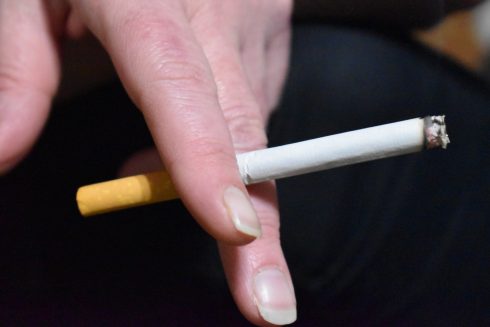A SPANISH research centre has developed an innovative new ‘smart home’ to detect early signs of dementia.
The technology, which consists of a vast network of sensors throughout the house, would dramatically increase the independence of elderly people.
Leading research centre Tecnalia, based in the Basque Country, has spent three years developing the sensory technology to allow the elderly to live in their own homes for longer.
More than 70% of Spanish pensioners say they would prefer to live in their own homes than in a retirement home, according to research.
The system monitors the movements of the inhabitants and alerts a carer or family member if it detects signs of neurodegenerative disorders, such as Alzheimer’s.
The sensors measure the time the person stands, sits and lies down as well as the use of household appliances, or the use of the television.
It can detect if the inhabitant spends a prolonged period of time sitting down, carries out the same household tasks repeatedly, or shows a significant change in sleeping patterns – all of which can signal the onset of Alzheimer’s.
These early symptoms are likely to go unnoticed if the person lives alone, but early detection is vital in giving the patient time to discuss treatment options and plan for the future.









